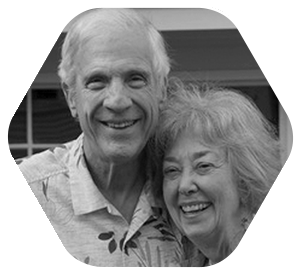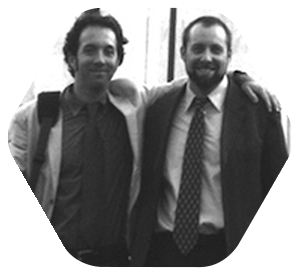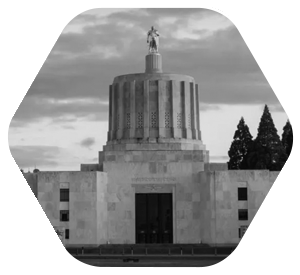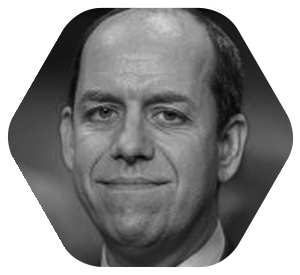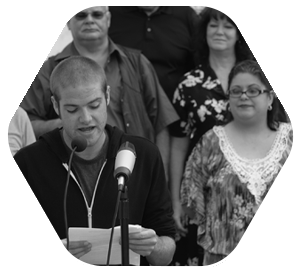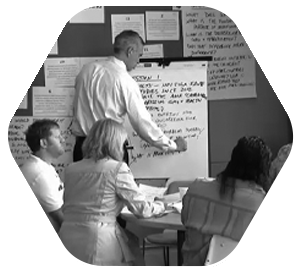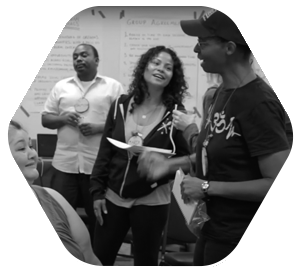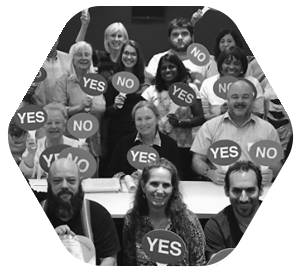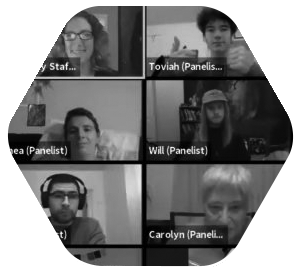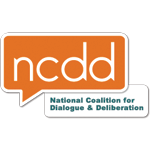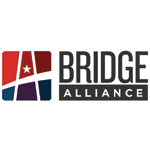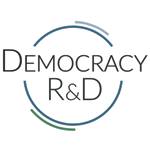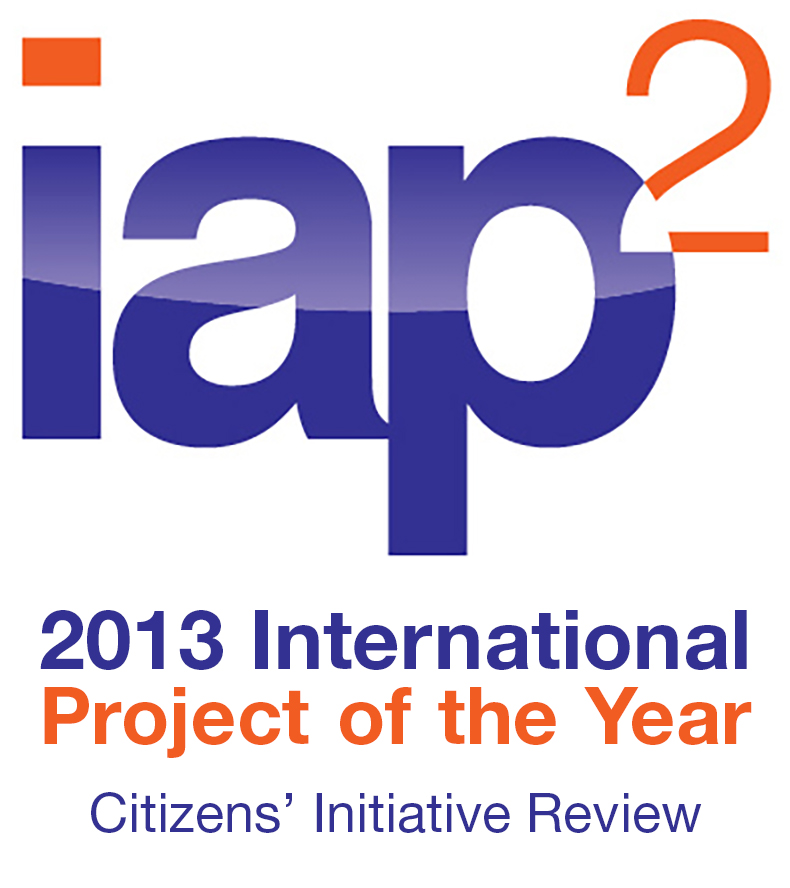About Us
Our Mission
We work to elevate the voices of everyday people, bring new faces to public decision making, and design a more collaborative democracy together.
Our Vision
We envision a democracy where people from all walks of life have the power to regularly and meaningfully shape the policies that impact their lives.
Our Principles
EMPOWERMENT
We empower individuals by giving them the authority and support needed to influence real policy decisions and make a positive, lasting impact.
COLLABORATION
We prioritize skillfully moderated discussions to ensure thorough comprehension of issues, foster respectful exchanges, and promote thoughtful decision-making.
INTEGRITY
We uphold the highest standards of integrity through independent evaluation and oversight, ensuring our processes are research-based and continuously improved.
REPRESENTATION
We’ve invested in the ability to reach a uniquely broad spectrum of demographic diversities, creating a “city in one room” so outcomes reflect the true diversity of our communities.
INCLUSIVITY
We are committed to ensuring that everyone has the opportunity to participate and be heard by fostering an environment where all voices have a seat the table.
